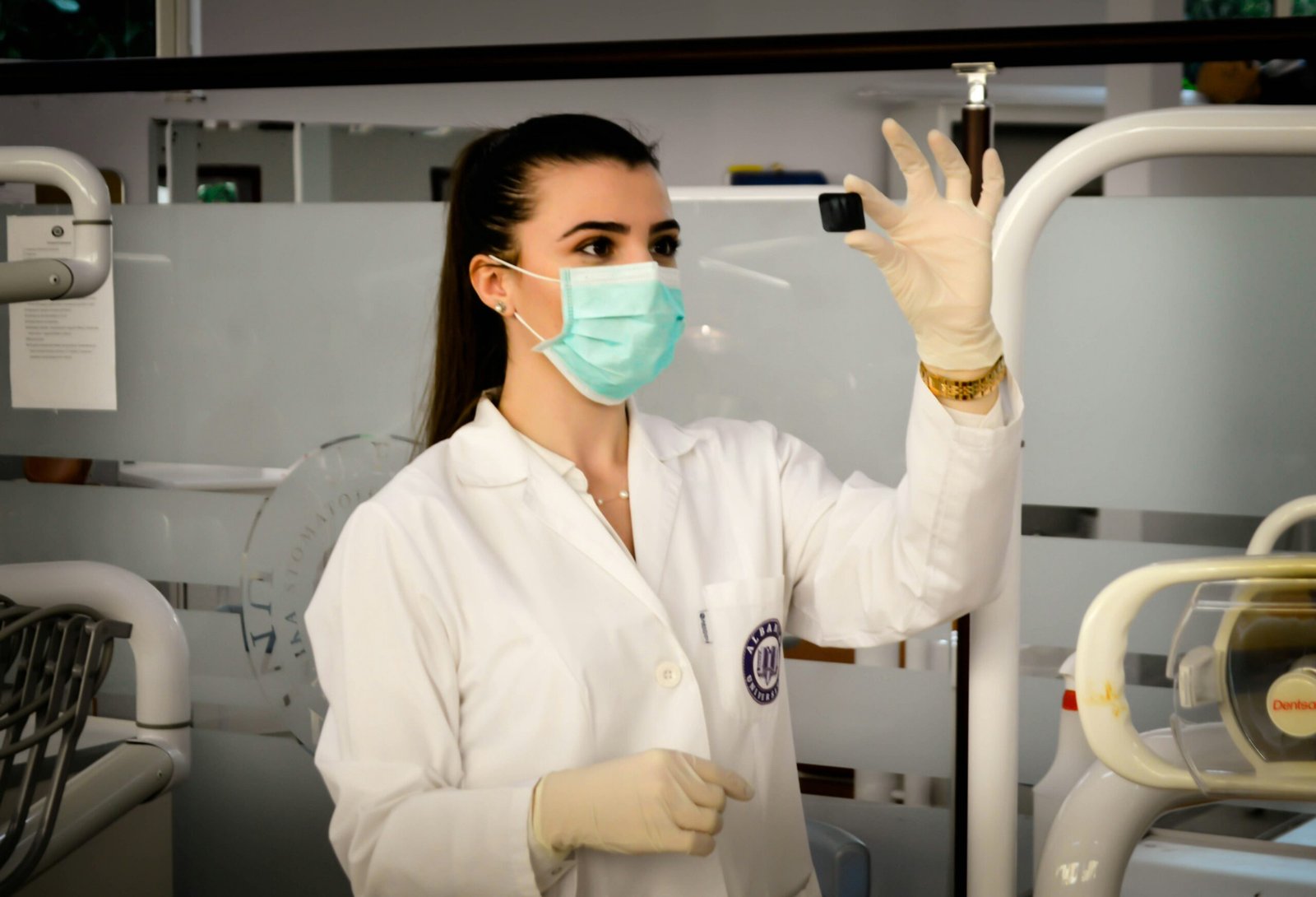Understanding the Importance of Authority in Healthcare
Authority in healthcare is critical, as it serves as the foundation for trust between patients and healthcare providers. When patients seek medical care, they desire reassurance that their providers possess the requisite knowledge and skills to deliver effective treatment. Establishing authority begins with demonstrating expertise in a specific area of healthcare. This encompasses not only formal education and certifications but also ongoing professional development and specialized training. Healthcare practitioners who continuously enhance their knowledge reflect their commitment to delivering the highest quality of care.
Experience is another pivotal component in establishing authority within the healthcare field. Patients are more likely to trust practitioners who have substantial experience in their area of specialization. This experience fosters not only skill enhancement but also a comprehensive understanding of patient needs and concerns. Moreover, practitioners who actively participate in clinical practice, research, or community service often gain increased recognition and respect from peers and patients alike.
Reputation further solidifies a healthcare practice’s authority. A positive reputation contribues to patient loyalty and attracting new clients. Word-of-mouth recommendations, reviews, and success stories regarding health outcomes significantly impact a practice’s perceived authority. Additionally, healthcare providers that engage in transparent communication and ethical practices build trust and confidence, further enhancing their reputation within the community.
A strong authoritative presence can lead to improved health outcomes, as patients place greater trust in providers with established authority. This trust is essential not only for fostering enduring patient relationships but also for encouraging adherence to treatment plans and healthcare advice. As a result, healthcare practices that emphasize developing their authority through expertise, experience, and reputation are likely to experience growth and stability in an ever-evolving healthcare landscape.
Types of Educational Content to Offer
Creating valuable educational content is essential for healthcare practices aiming to enhance their authority within the industry. Various forms of content not only serve different purposes but also cater to diverse audiences, increasing overall engagement. One effective type of educational content is blog posts. These written articles allow practices to discuss relevant health topics, share updates, and offer insights into their areas of expertise. Regularly updating a blog can attract new visitors and encourage existing patients to return for information.
Video tutorials represent another powerful medium for showcasing healthcare knowledge. These visual aids can cover a range of topics, from explaining medical procedures to providing health tips. Videos resonate well with viewers, making complex subjects more accessible and fostering a personal connection between practitioners and patients. Additionally, hosting webinars offers an interactive platform for discussions and Q&A sessions, allowing practices to engage directly with their audience while sharing valuable insights.
E-books also prove beneficial as a more comprehensive resource. They allow healthcare professionals to delve deeply into specific topics, thereby showcasing their expertise. E-books can be offered as downloadable content in exchange for viewer information, aiding in lead generation. Infographics can simplify complex information through visual representation, making it easier for readers to grasp essential details quickly. Lastly, social media posts serve as a versatile tool for sharing bite-sized information, connecting with followers, and promoting upcoming events or initiatives.
By integrating these various forms of educational content, healthcare practices can maximize their reach and impact. They not only establish authority in their field but also foster a sense of trust and dependability among their audience. Embracing a multifaceted approach to educational content will ensure that practices effectively engage with their community while disseminating valuable health information.
Strategies for Creating Valuable and Relevant Content
Creating high-quality, valuable content in the healthcare sector requires a multifaceted approach that resonates with your audience. The first step is to identify patient needs. Conducting surveys, engaging in direct discussions, or utilizing analytics tools can help uncover the topics that matter most to your audience. Understanding these needs allows healthcare practices to tailor their content, ensuring it addresses specific concerns and questions that patients might have.
Thorough research is crucial in the content creation process. It is important to base your content on scientifically sound information and reputable sources. By incorporating the latest studies, guidelines, and expert opinions, your content not only educates but also builds trust in your authority within the healthcare community. Ensuring the accuracy of information will help to combat misinformation, a critical concern in today’s information-rich environment.
Compliance with healthcare regulations, such as HIPAA, is another fundamental aspect. All content should be meticulously reviewed to guarantee that it upholds privacy standards and does not inadvertently disclose personal health information. Consulting with legal experts or compliance officers can provide peace of mind and ensure that your educational materials are both valuable and lawful.
Utilizing storytelling techniques can transform clinical data into relatable narratives that capture your audience’s attention. Sharing patient testimonials, case studies, or personal experiences can humanize complex medical topics, fostering a deeper connection with your audience. Additionally, maintaining consistency in content creation and publishing is essential. A regular schedule helps build anticipation among your audience and positions your practice as a reliable source of information.
By implementing these strategies, healthcare practices can create educational content that is not only informative but also maintains the integrity and trust necessary for patient engagement.
Measuring the Impact of Your Educational Content
Evaluating the effectiveness of educational content in healthcare practices is crucial for establishing authority and ensuring that the information provided resonates with the target audience. Several key metrics can be utilized to gauge this effectiveness, including website traffic, engagement rates on social media, patient feedback, and conversion rates. Each of these metrics offers valuable insights into how well the content is performing and its ability to attract and retain the audience.
Website traffic serves as a fundamental metric, indicating the number of visitors accessing the educational content. Analytics tools such as Google Analytics can provide detailed insights into traffic sources, user behaviors, and page performance, allowing healthcare practices to understand which topics are attracting the most visitors. Furthermore, analyzing the duration of visits and bounce rates can reveal whether the content is engaging enough to hold the audience’s attention.
Engagement rates on social media platforms play another pivotal role in measuring content impact. Metrics such as likes, shares, comments, and click-through rates can help determine how well the educational content resonates with the audience and encourages interaction. Higher engagement rates can indicate that the content aligns with the audience’s interests and needs, thus enhancing the practice’s authority within the healthcare sector.
In addition, collecting patient feedback through surveys or comment sections can provide direct insights into how the content has affected their understanding or perception of healthcare topics. This qualitative data can guide future content strategies. Lastly, monitoring conversion rates—such as appointment bookings or newsletter sign-ups—can demonstrate the practical impact of the educational content on patient behaviors, further affirming the authority of the healthcare practice.
By consistently analyzing these metrics, healthcare practices can refine their educational content strategies, ensuring they effectively communicate valuable information while reinforcing their position as trusted sources in the healthcare field.


